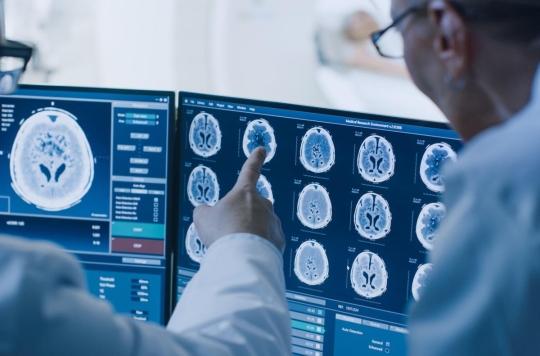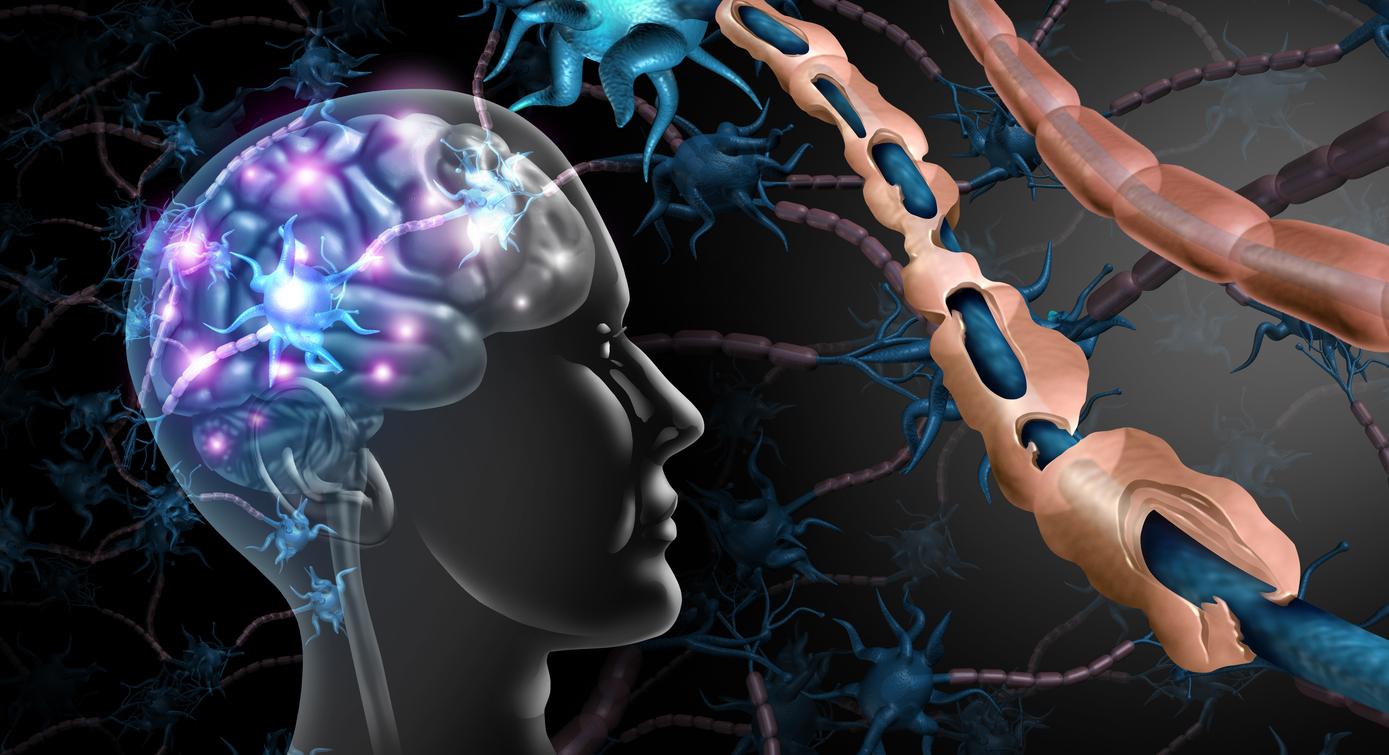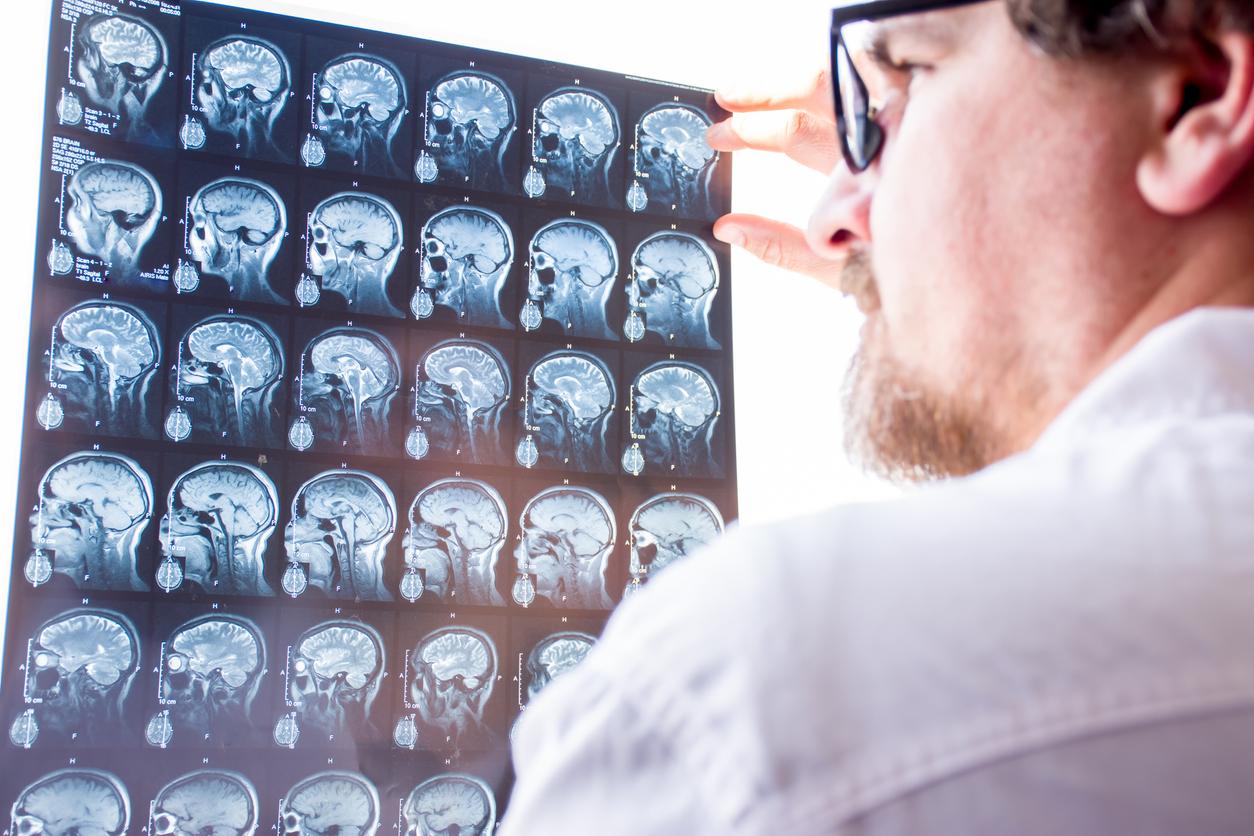The disease is not solely genetic or potentially linked to the Epstein-Barr virus. Cells of the immune system would also be involved.

- Monozygotic twins come from the same fertilized egg and thus share the same genetic heritage.
- Cytokines are essential for communication between cells of the immune system.
- There is currently no treatment that can cure multiple sclerosis.
The first cases of multiple sclerosis were described in the 19th century, since science has sought to understand the origins of this disease. Last January, researchers demonstrated that it could be linked to the Epstein-Barr virus. According to their findings, an infected person has a 12-fold increased risk of developing multiple sclerosis (MS). Nature, recent research brings new insights. Made with twins, it points to the role of the immune system.
A study carried out with monozygotic twins
Multiple sclerosis is a chronic inflammatory disease of the central nervous system. The immune system attacks the brain and spinal cord, causing neurological deficits such as visual impairment, sensory impairment, motor deficits and cognitive impairment. In recent years, studies have shown that genetic variants are a necessary condition for the development of the disease. Florian Ingelfinger, PhD student at the Institute for Experimental Immunology at the University of Zurich and his team show that these genetic influences are still present in MS patients, but they alone are not enough to trigger the disease . In their work, they observed the cases of 61 pairs of monozygotic twins, only one of whom had developed MS. “Although the healthy twins also had a peak genetic risk for MS, they showed no clinical signs of the disease“, explains Lisa Ann Gerdes, co-author. They wanted to understand how the immune system of two genetically identical individuals leads to significant inflammation and massive nerve damage in one case, and no damage in the other.
Immune cell communication involved
“We found that the biggest differences in the immune profiles of twins with MS are in cytokine receptors, i.e. how immune cells communicate with each other.emphasizes Florian Ingelfinger. The cytokine network is the language of the immune system.“In MS patients, there is an increased sensitivity to certain cytokines, which generates greater activation of T cells in the blood. These T cells are then more likely to migrate into the central nervous system of patients and degrade it.”We may have discovered here the cellular big bang of MS – precursor cells that give rise to disease-causing T cells.”, says Burkhard Becher, another co-author of the study. The team believes that they are now in a position to know the impact of genetic and environmental factors in dysfunctions of the immune system, which will allow them to “better to understand disease development“.

.
















